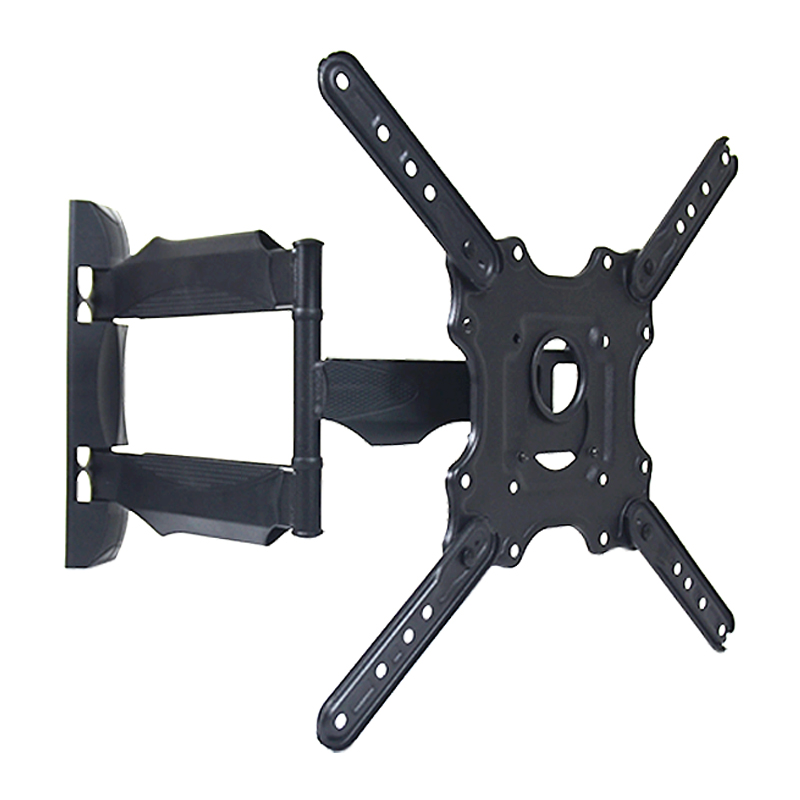buy stands for tv factories
buy stands for tv factories
Understanding the Importance of Buy in the Context of TV Factories
In today's fast-paced consumer electronics market, the term buy holds significant implications, particularly in the context of television (TV) factories. Television has evolved from a simple viewing apparatus to a sophisticated amalgam of technology and design, capturing the essence of entertainment, information, and connectivity. As such, understanding what “buy” stands for in this industry is crucial for both manufacturers and consumers alike.
The Meaning Behind Buy
At its core, buy denotes the action of purchasing. However, in the context of TV factories, it encompasses several layers that include consumer behavior, marketing strategies, supply chain dynamics, and production processes. Manufacturers must consider what drives consumers to buy their televisions—the features, price, brand reputation, and overall value proposition. In an industry saturated with options, understanding consumer preferences is key to capturing market share.
Consumer Behavior
The buying behavior of consumers has changed dramatically over the years. In the past, customers might have made purchasing decisions based solely on screen size or image quality. However, modern consumers are more informed and discerning. They assess various factors, such as energy efficiency, smart features, and compatibility with other devices. The rise of online reviews and tech blogs has given consumers access to more information than ever before, altering how they perceive value in a television.
Manufacturers are keenly aware of these shifts. Successful TV factories conduct extensive market research to identify trends and preferences, allowing them to tailor their products accordingly. For instance, the growing popularity of smart TVs has led to investments in developing user-friendly operating systems and a wider ecosystem of applications. As a result, a TV factory's ability to innovate and adapt to consumer needs significantly influences their success in the marketplace.
Marketing Strategies
The role of marketing in the TV manufacturing industry cannot be overstated. Companies invest heavily in marketing campaigns to create brand awareness and stimulate demand. Strategies often include targeted advertising, influencer partnerships, and promotional events that showcase new products. The way a product is presented can make a significant difference in a consumer's decision to buy.
buy stands for tv factories

In this context, the advertising slogans and imagery used to promote televisions must resonate with the target audience. Companies often highlight the unique selling propositions (USPs) of their products, such as superior sound quality, 4K resolution, or compatibility with voice assistants. This is vital in a landscape where numerous brands compete for consumer attention and loyalty.
Supply Chain Dynamics
Once a consumer makes the decision to buy, the efficiency of the supply chain becomes critical. In TV factories, ensuring that there are enough components (screens, processors, etc.) to meet production demands without compromising quality is challenging. Manufacturers face the ever-present need to balance cost with quality, timing, and market demand.
Global events, such as trade disputes or pandemics, also impact the supply chain. TV factories must develop robust strategies to mitigate risks associated with supply shortages or delays. This often means diversifying suppliers or investing in local production facilities to maintain seamless operations. In essence, the phrase buy also pertains to the decisions made at the production level to ensure that the right products are available when consumers are ready to make their purchases.
The Future of Buying TVs
Looking forward, the future of buying TVs is likely to be shaped by advancements in technology and consumer preferences. With the rise of ultra-high-definition displays, OLED technology, and artificial intelligence, manufacturers must remain agile and responsive to changing trends. Additionally, sustainability is becoming a pivotal consideration in consumer purchasing decisions.
As consumers grow more aware of environmental issues, TV factories are exploring eco-friendly practices, such as using recyclable materials and reducing energy consumption. A commitment to sustainability may increasingly become a factor that consumers weigh heavily in their decision to buy.
Conclusion
In conclusion, the concept of buy in the context of TV factories goes far beyond a simple transaction. It encapsulates an intricate interplay of consumer behavior, marketing, supply chain management, and technological innovation. As the television industry continues to evolve, so too will the strategies employed by manufacturers to engage consumers and drive sales. Understanding these dynamics is essential for anyone looking to navigate the rapidly changing landscape of television manufacturing and purchasing.
-
Slide Out Swivel TV Shelf - Maximize Space & Viewing FlexibilityNewsJul.05,2025
-
Panasonic 32 Inch TV Wall Mount – Secure & Easy Installation, Perfect for Home & OfficeNewsJul.05,2025
-
TV Wall Mount for Wide Studs – Secure & Easy Installation for 24 Inch or Metal StudsNewsJul.05,2025
-
Over Bed TV Mount – Space-Saving, Adjustable Flip Over TV Wall Mount SolutionNewsJul.04,2025
-
Panasonic Viera 42 Inch Wall Bracket – Secure & Easy Mount for Your TVNewsJul.04,2025
-
22 TV Wall Mount Bracket – Heavy Duty, Easy Installation, Universal FitNewsJul.04,2025
